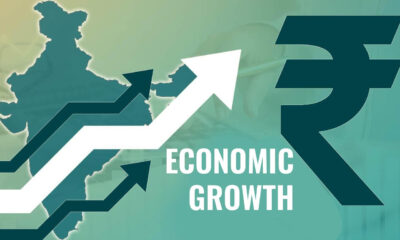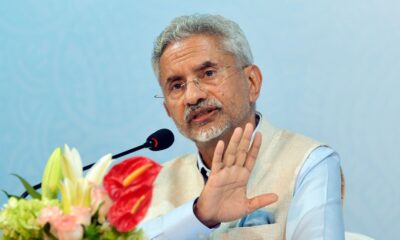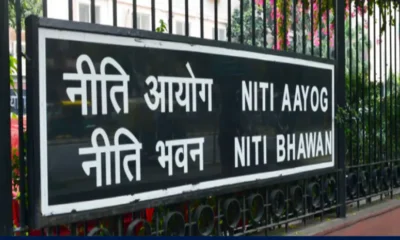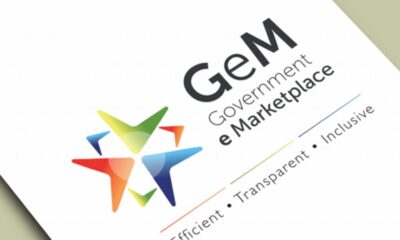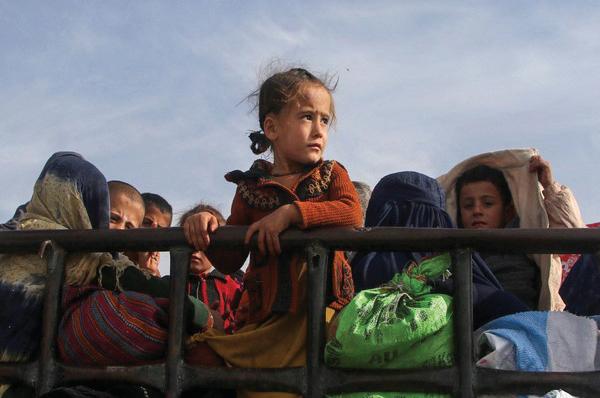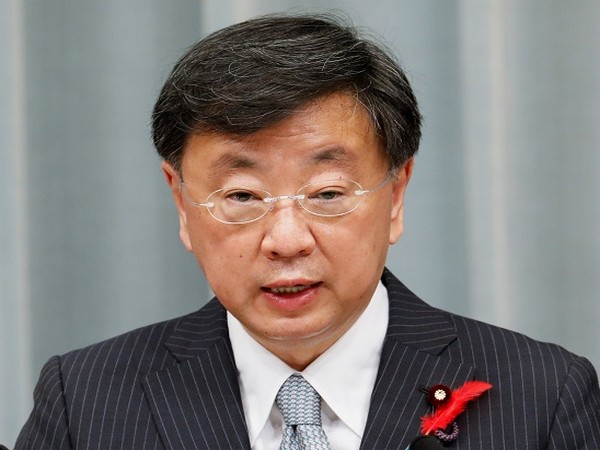India firmly supports the Philippines in upholding its national sovereignty and wants to explore new areas of cooperation, including defense and security, External Affairs Minister S. Jaishankar said on Tuesday, amid Manila’s maritime dispute with China in the South China Sea.
Jaishankar’s remarks came at a joint press conference with his counterpart, Enrique Manalo, in Manila after their meeting.
“Warm and productive meeting with @SecManalo of the Philippines. Wide-ranging discussion on advancing ties in political, defense, security, and maritime cooperation, trade and investment, infrastructure, development cooperation, education, digital, technology, culture, and consular domains,” Jaishankar posted on X.
They also exchanged views on global, regional, and multilateral issues, including the Indo-Pacific, the Association of Southeast Asian Nations (ASEAN), West Asia, Ukraine, the Non-Aligned Movement, and the UN.
“As two democracies committed to a rules-based order, we look forward to intensifying our cooperation,” he said.
Addressing the press conference with Manalo, Jaishankar said, “I take this opportunity to firmly reiterate India’s support for the Philippines in upholding its national sovereignty.”
As the world changes, it is essential that countries like India and the Philippines cooperate more closely to shape the emerging order, he said.
Every country has the right to uphold and enforce its national sovereignty, he said in response to a question.
“That is something that we have also discussed,” he added.
On a question on India’s plans to expand its defense cooperation with the Philippines amid developments in the South China Sea, Jaishankar said, “You need to look at that cooperation on its own merits. It is not necessarily linked to a particular situation.
“But it’s natural today that two countries whose trust and comfort are growing so rapidly will look at various new areas of cooperation. And certainly defense and security is one of them,” he said.
China claims most of the South China Sea. The Philippines, Vietnam, Malaysia, Brunei, and Taiwan have counterclaims.
China has deployed hundreds of coastguard vessels throughout the South China Sea to patrol what it considers its waters, despite a 2016 Permanent Court of Arbitration ruling in a case brought by the Philippines that said the claim had no basis under international laws.
Manalo said the Philippines consistently reaffirmed the need to abide by international law and also by international rules and regulations when it comes to the maritime area.
Speaking about Beijing’s recent activities in the South China Sea, he accused China of trying to prevent Philippine ships from supplying its troops.
“India and the Philippines have a very deep interest in ensuring a free, open, and inclusive Indo-Pacific Ocean in this region. And it is in this context that we are having extensive discussions regularly on defense cooperation and security cooperation, mainly with a view to supporting an international rules-based order,” Manalo said.
Jaishankar said every country has an interest in maritime security and safety.
“In our case, probably it is more than many other countries normally would have,” he said.
“As our relationship goes, as I pointed out, it was natural to look at defense and security,” he said.
India’s ties with the Philippines have seen very perceptible growth in recent times, Jaishankar said.
“Meetings and visits are one indicator of the growing closeness between our two nations. But this is equally visible in a range of domains, starting with trade and investment and extending to health and food security, education, science and technology, defense, maritime cooperation, etc.,” he said.
The bilateral trade crossed the USD 3 billion level last year, he said, and he expressed confidence that it would continue to grow.
“My message in the discussions with Secretary Manalo was that India, as the 5th largest economy currently, growing at about 7 percent annually, is preparing to step up its engagement with the Philippines,” Jaishankar said.
The two nations are moving ahead on quick-impact projects in agriculture, health, and capacity building.
“Indian companies have been active here, as much in the digital infrastructure as in the physical one. There is considerable interest in the Indian corporate sector in stepping that up. The growing comfort and trust between us is also reflected in the ongoing supply of rice from India as an exceptional measure,” he said.
“As two seafaring nations in the Indo-Pacific, our maritime cooperation holds great potential. Last year, we signed agreements on enhanced maritime cooperation and white shipping,” Jaishankar said.
Jaishankar said he and his counterpart “discussed our shared interests in ensuring maritime safety, given that our two countries contribute so much to the global shipping industry.
The 1982 United Nations Convention on the Law of the Sea is particularly important in it as the constitution of the seas, Jaishankar said.
“All parties must adhere to it in its entirety, both in letter and in spirit,” he said.
He also briefed him about the Indian Navy’s deployments in the Red Sea and the Arabian Sea to counter ongoing threats.
“And he himself has spoken about the rescue of MV True Confidence by one of our ships, INS Kolkata. And there have been some other instances, I think since then, MV, Lila Norfolk, as well, which involved some crew from the Philippines,” Jaishankar said.
The partnership between India and the Philippines also has a larger context in terms of the engagement with ASEAN, Jaishankar said.
“We look forward to its steering India-ASEAN cooperation, especially in regard to reviewing the trade agreement, building connectivity, and deepening people-to-people contacts,” he said.
As a nation deeply invested in this region because of its Act East policy and Indo-Pacific vision, India follows all developments with great interest, Jaishankar said.
“We are strongly supportive of ASEAN’s centrality, cohesion, and unity. We are also convinced that the progress and prosperity of this region are best served by staunch adherence to a rules-based order,” Jaishankar said.
“We are also both societies that contribute significantly to the global workplace. We would like to see more resilient supply chains and trusted digital partnerships,” Jaishankar said.
“Our activities serve to strengthen the cause of the Global South in different domains. Our commitment to democratic values is deep and abiding. We are both nations that value the autonomy of decision-making and favor a multipolar world with a multipolar Asia at its core,” he said.
These convergences, based on an expanding bilateral partnership, today drive the upward trajectory of ties.
Jaishankar said that as the two nations move towards the 75th anniversary of the establishment of diplomatic relations, he is confident that there is much more that awaits them.
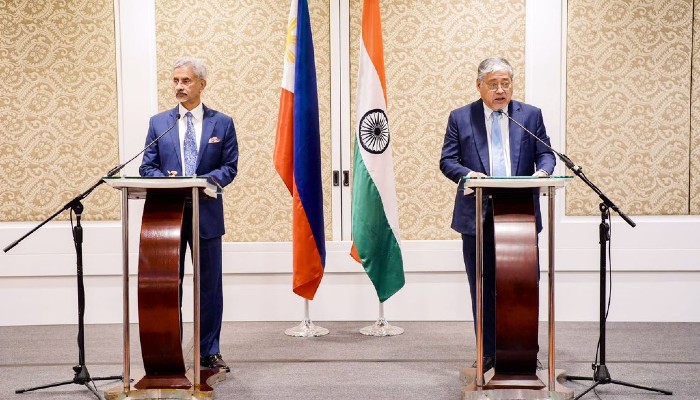

 Opinion3 years ago
Opinion3 years ago
 Entertainment8 years ago
Entertainment8 years ago
 Entertainment8 years ago
Entertainment8 years ago
 Fashion8 years ago
Fashion8 years ago
 Opinion4 years ago
Opinion4 years ago
 Entertainment8 years ago
Entertainment8 years ago
 Politics8 years ago
Politics8 years ago
 Entertainment8 years ago
Entertainment8 years ago
